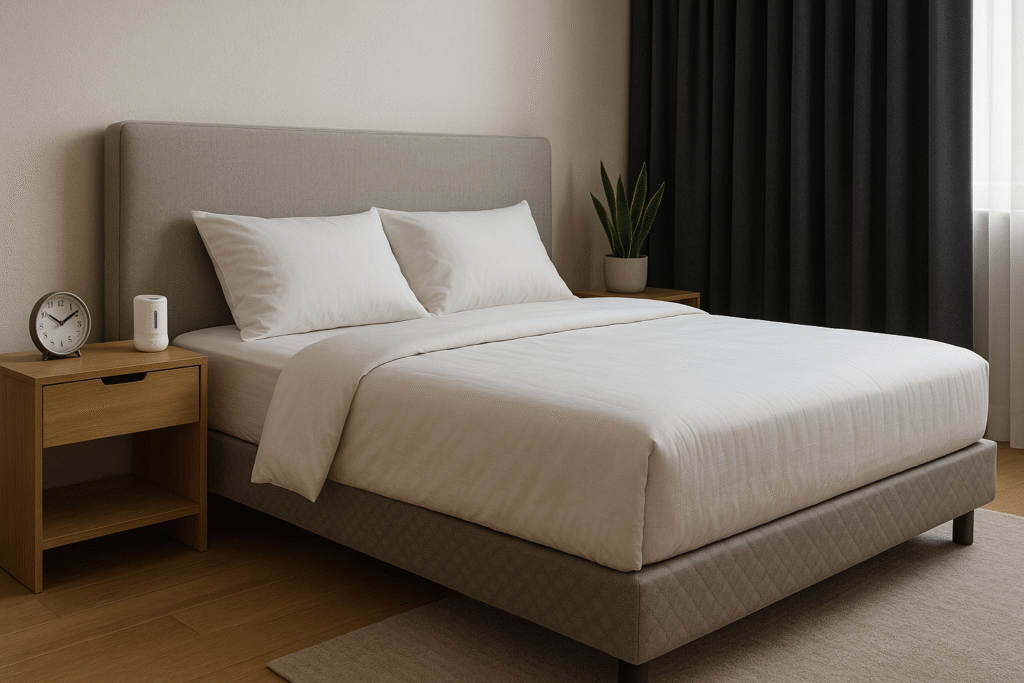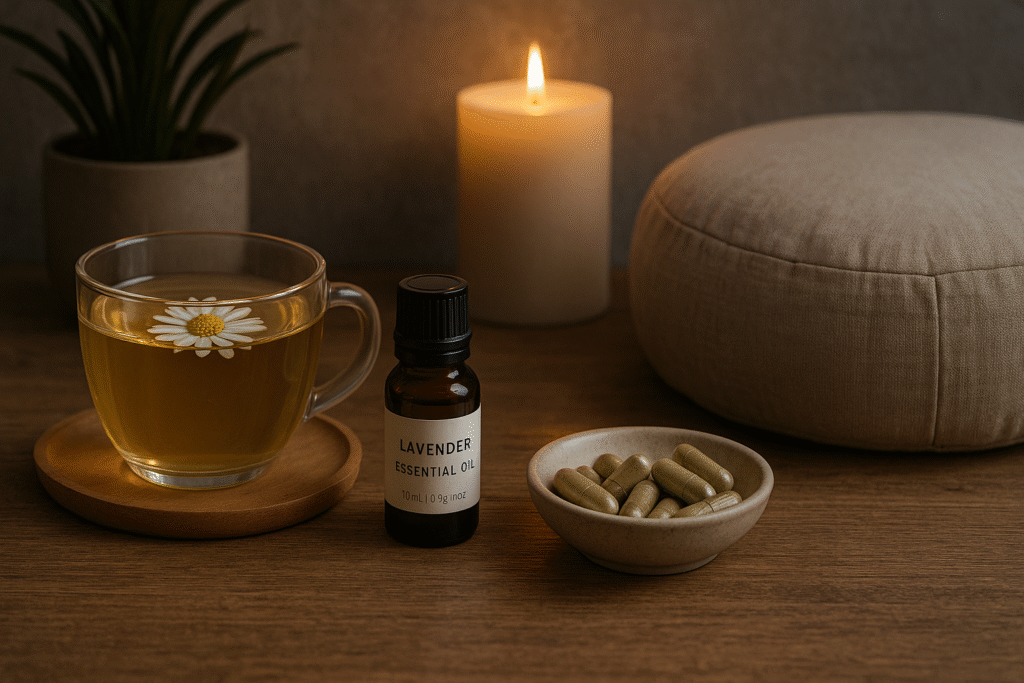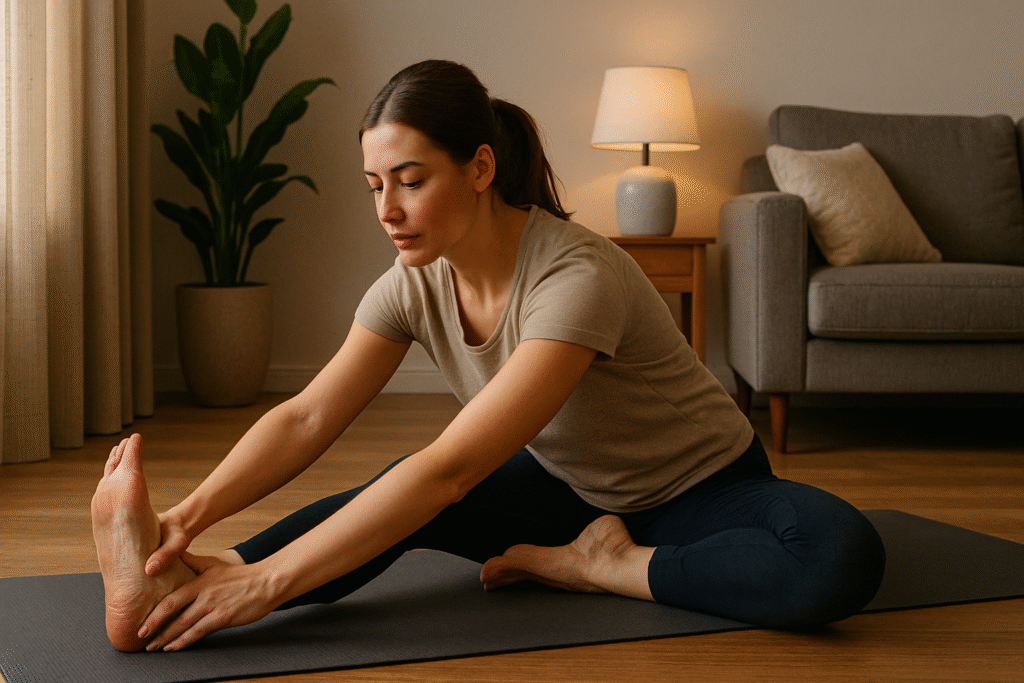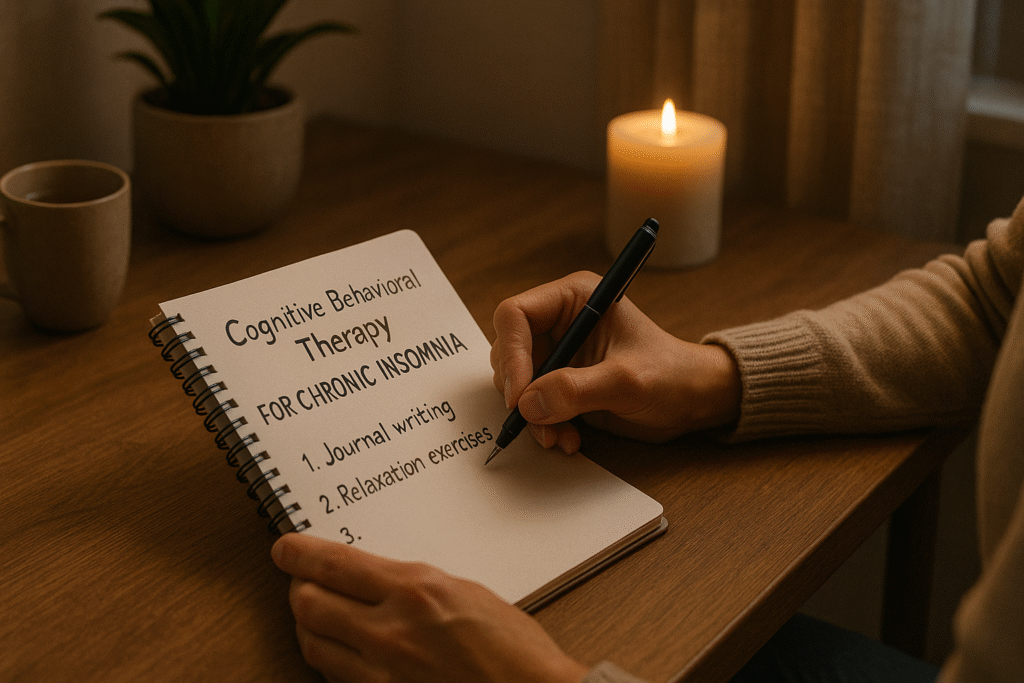Page Contents
ToggleIf you’re lying awake at 2 AM for the third night this week, you’re not alone. Millions of Americans struggle with insomnia, tossing and turning while their minds race with tomorrow’s to-do list. The frustration of watching the clock tick by, knowing you need rest but unable to find it, can feel overwhelming.
But here’s the good news: you don’t have to accept sleepless nights as your new normal. When you learn to sleep better through natural, evidence-based solutions, you can transform your relationship with rest forever.
For many, this struggle with insomnia is also linked to frustrating weight gain, as poor sleep disrupts metabolism. If you’re looking for a solution that addresses both concerns, our in-depth review of Sleep Lean explores a formula designed to support restorative sleep and nighttime fat burning.
How to Sleep Better: Understanding Insomnia
Insomnia is more than just having trouble falling asleep occasionally. It’s a sleep disorder that affects your ability to fall asleep, stay asleep, or get quality sleep, even when you have the perfect conditions for rest. This happens despite having enough time and a suitable environment for sleep.
There are two main types you should know about:
- Short-term insomnia lasts anywhere from a few days to several weeks. It’s often triggered by stress, schedule changes, or environmental factors like noise or temperature changes.
- Chronic insomnia is the more serious form, occurring three or more nights per week for over three months. This type can’t be fully explained by another health condition and requires more comprehensive treatment approaches.
The impact goes far beyond feeling tired. Insomnia affects your memory, concentration, and decision-making abilities. More concerning, chronic insomnia increases your risk of high blood pressure, heart disease, diabetes, and even certain cancers.
This metabolic disruption is a key reason why many who suffer from poor sleep also struggle with stubborn weight and cravings. To learn more about how to support your body’s nighttime metabolism, our comprehensive analysis of Sleep Lean explains the science behind sleep and weight management.
For men over 50, frequent nighttime urination is another hidden contributor to chronic sleep loss. ProstaVive is designed to support prostate health and may help reduce these sleep-disrupting trips to the bathroom.
Sleep Hygiene: Your Foundation for Better Rest
Before exploring complex treatments, mastering sleep hygiene creates the foundation for natural insomnia relief. These evidence-based habits work by aligning your body’s natural sleep-wake cycle with your daily routine.
Create a Consistent Sleep Schedule: Your body thrives on routine. Going to bed and waking up at the same time every day — yes, even on weekends — helps regulate your internal clock. This consistency signals to your brain when it’s time to wind down and when it’s time to be alert.
Design Your Sleep Environment: Transform your bedroom into a sleep sanctuary. Keep it cool (between 60-67°F), dark, and quiet. Consider blackout curtains, a white noise machine, or earplugs if needed. Your mattress and pillows should be comfortable and supportive.
Limit Screen Time Before Bed: The blue light from phones, tablets, and TVs can interfere with your body’s production of melatonin, the hormone that makes you sleepy. Try to avoid screens for at least an hour before bedtime, or use blue light filtering glasses if you must use devices.

But if you’re an aging man already practicing good sleep habits and still waking up due to urinary urgency, a targeted supplement like ProstaVive could be a supportive next step.
Natural Remedies That Actually Work
While lifestyle changes form the cornerstone of insomnia treatment, several natural remedies have shown promise in research studies.
Relaxation Techniques: Deep breathing exercises, progressive muscle relaxation, and meditation can help calm your mind and prepare your body for sleep. These techniques work by activating your parasympathetic nervous system, which promotes relaxation and rest.
Herbal Support: Certain herbs like chamomile, valerian root, and passionflower have been used for centuries to promote sleep. While research is ongoing, many people find these gentle, natural options helpful when combined with other sleep hygiene practices.

Beyond single herbs, some people find success with comprehensive formulas that combine several natural ingredients to promote deep, restorative sleep. For a detailed look at one such supplement that also supports metabolism, our complete breakdown of Sleep Lean is a great resource.
Regular Exercise: Physical activity during the day can improve sleep quality at night. However, timing matters — avoid vigorous exercise within 3-4 hours of bedtime, as it can be stimulating and make it harder to fall asleep.

Cognitive Behavioral Therapy: The Gold Standard
Cognitive Behavioral Therapy for Insomnia (CBT-I) is considered the most effective first-line treatment for chronic insomnia. This 6-8 week program helps you identify and change thoughts and behaviors that interfere with sleep.
CBT-I typically includes:
- Sleep restriction therapy to improve sleep efficiency
- Stimulus control to strengthen the association between your bed and sleep
- Cognitive restructuring to address worry and anxiety about sleep
- Relaxation training to reduce physical and mental arousal
The beauty of CBT-I is that it addresses the root causes of insomnia rather than just masking symptoms. Many people see lasting improvements that continue long after treatment ends.

When to Seek Professional Help
While natural approaches work well for many people, sometimes professional guidance is necessary. Consider consulting a healthcare provider if:
- Your insomnia persists for more than a few weeks
- Sleep problems significantly impact your daily life
- You experience symptoms of depression or anxiety along with sleep issues
- Natural remedies and lifestyle changes haven’t provided relief
A healthcare professional can help rule out underlying medical conditions, provide personalized treatment recommendations, and connect you with specialized sleep medicine resources if needed.
Building Your Personal Sleep Success Plan
Recovery from insomnia doesn’t happen overnight, but with patience and consistency, you can reclaim your sleep. Start by implementing one or two sleep hygiene practices this week. Once those become routine, gradually add other strategies.
Remember, the goal isn’t perfection — it’s progress. Some nights will be better than others, and that’s completely normal. Focus on creating sustainable habits that support your body’s natural ability to rest and restore.
Your journey to better sleep starts tonight. By understanding insomnia and implementing these evidence-based strategies, you’re taking the first step toward the restful, rejuvenating sleep you deserve.
As part of your personal plan, a targeted supplement can help optimize your body’s processes during the restorative sleep you’re working to achieve. Our detailed review of Sleep Lean explores a formula designed to leverage quality sleep for metabolic and weight management benefits.
Sources
This article was inspired by and adapted to better serve the readers of Best Natural Health Products from “What Is Insomnia?”. National Heart, Lung, and Blood Institute, National Institutes of Health. Available at: https://www.nhlbi.nih.gov/health/insomnia. Accessed on: June 12, 2025.
Sarah Jenkins is a Senior Wellness Researcher and former science educator. She specializes in "Ingredient Provenance"—decoding complex clinical studies to ensure every product is safe and historically verified. Sarah translates dense medical data into actionable advice for families and individuals.
